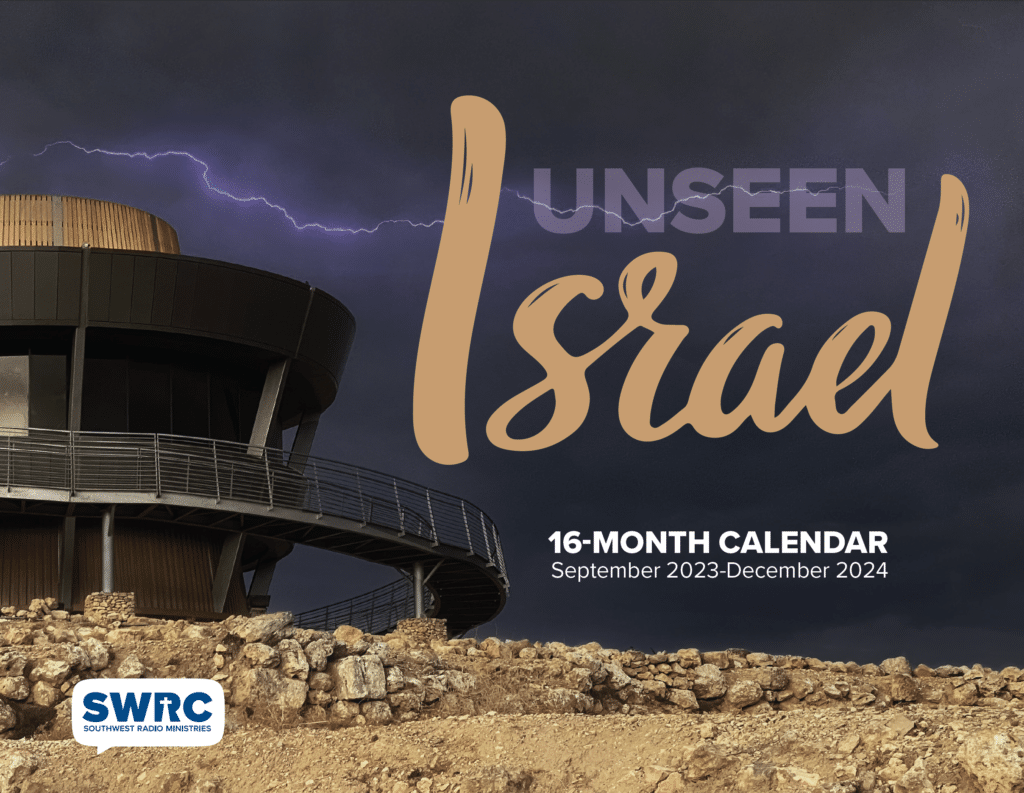As a believer in America today it is easy to get discouraged. Traditional Christian values are considered by many to be evil. We are warned in 2 Timothy 3:3 that in the last days men will be “haters of good.” We often sit around the table and complain about the evils of society and the lack of morality and decency in the world around us. We watch as perversion multiplies and becomes more mainstream, and we opine about how few godly people are left to carry on the good fight.
Certainly, expressing concern over the current state of American morality is warranted as we are taught in both the Old and New Testaments to hate evil (Ps. 97:10, Amos 5:15, Rom. 12:9, Heb. 1:9). As Christians, our hearts should be broken over the way that sin has permeated our society to the point that those who do good are abhorred. It is very easy to feel alone when even our churches shake their little fists in the face of God by affirming and even encouraging extreme immorality.
I am reminded of the prophet Elijah, who after witnessing an incredible display of the power of the hand of God, fell into a fit of depression so overwhelming that he asked God to take his life (1 Kings 19:4). He had just witnessed the defeat of one of the mightiest deities in the ancient Near East with irrefutable evidence that YHWH is the one true God, and he ran in fear from a human queen.
The land of Israel is arid with only a short period of rain during the winter months. Precipitation during the rest of the year is uncommon. Several weeks ago, I had the opportunity to witness an unusual thunderstorm at Shiloh. Dark clouds moved in from the west and massive arcs of purple lightning flashed across the expansive skies. The rain began to fall, and seeking shelter, I pondered on the thought that in that part of the world, rain is everything. Any god who could provide the life-giving waters from heaven would be revered and held in high regard. Only a few yards from where I stood, in the 1980s, a silver medallion had been excavated that bore the symbol of Baal Hadad.
Upon entering the Promised Land, the Israelites had confirmed their covenant with YHWH. He would be their God and they would be His people. This covenant was sealed with a ceremony of blessings and curses from the slopes of Gerizim and Ebal (Josh. 8:30-35). God never wavered on His end of the covenant. Israel, however, quickly fell into idolatry, worshipping the gods of the Canaanites. One of the most powerful of these deities was Baal Hadad, the storm god who brought rain and fertility to the land.
A Phoenician king named Ethbaal (“Baal is with him”) married his daughter to Ahab, king of Israel sometime around 871 BC. This Sidonian princess is the infamous Jezebel. While the exact meaning of her name is disputed, one interpretation is that it means, “Where is Baal?” – perhaps a reference to the months in which there is little rain in the Levant. In any case, Ahab built a temple to Baal where he and his wife could worship.
It has been conjectured that Jezebel was a priestess of Baal Hadad. Whether this claim is true or not, the Bible records that she hunted down the prophets of YHWH and had them killed (1 Kings 18:4). This occurred during a three-year period of drought that was God’s judgment on Israel for worshipping the storm god.
Israel was under judgment. Having turned from the God who brought them into the land and with whom they had made covenant, they persecuted His prophets and sought the favor of the demonic gods of Canaan. Good had become evil and evil, good. Baal Hadad was powerless to bring the life-giving rains, but Israel remained in rebellion.
Elijah confronted Ahab and challenged Jezebel’s god in the name of YHWH. Eight hundred and fifty pagan clerics of Baal and Asherah met the lone prophet on Mount Carmel. In a massive spectacle before the king and people of Israel, Baal Hadad was impotent, unable to perform.
Baal was depicted in material culture as a smiting god with a mace raised over his head. In his other hand was a forked lightning bolt, signifying his mastery of the weather. On this day the fire that rained from heaven was not from the hand of Baal, but from YHWH. The fire of God consumed the sacrifice, water, and even the altar while the priests of Baal were forced to watch helplessly.
Baal was defeated. YHWH proved to be the true wielder of the lightning bolt. The people quickly turned on the false prophets and slew them. The skies grew black with clouds and a heavy rain came from the west. YHWH not only hurled His bolt from the skies, but He also brought the rain and revived the land.
In response, Jezebel vowed to kill Elijah. The man of God, after witnessing the total defeat of Baal Hadad, became fearful and ran south into the wilderness, requesting that God kill him. It was then that God spoke to him in a still small voice, informing him that there were faithful men still in Israel and commanding him to institute regime changes in Israel and Syria. The religious and political paradigm would shift once again.
We are very much like Elijah. YHWH sent His Son to conquer sin and death. The battle was won in spectacular fashion 2,000 years ago. The demonic gods of the world were shown to be powerless and toothless when Jesus rose from the dead and claimed our victory.
The world still rages and the forces of evil still threaten, but they are defeated. In the wake of such great triumph, we often fall into despair. Do not fear when the enemy roars. Be faithful and soldier on, knowing that Jesus Christ will soon return and bring a regime change greater than any earthly kingdom in history.
Enjoy more photos from Clayton’s visit to Israel in the 2023-2024 SWRC calendar coming out soon!

